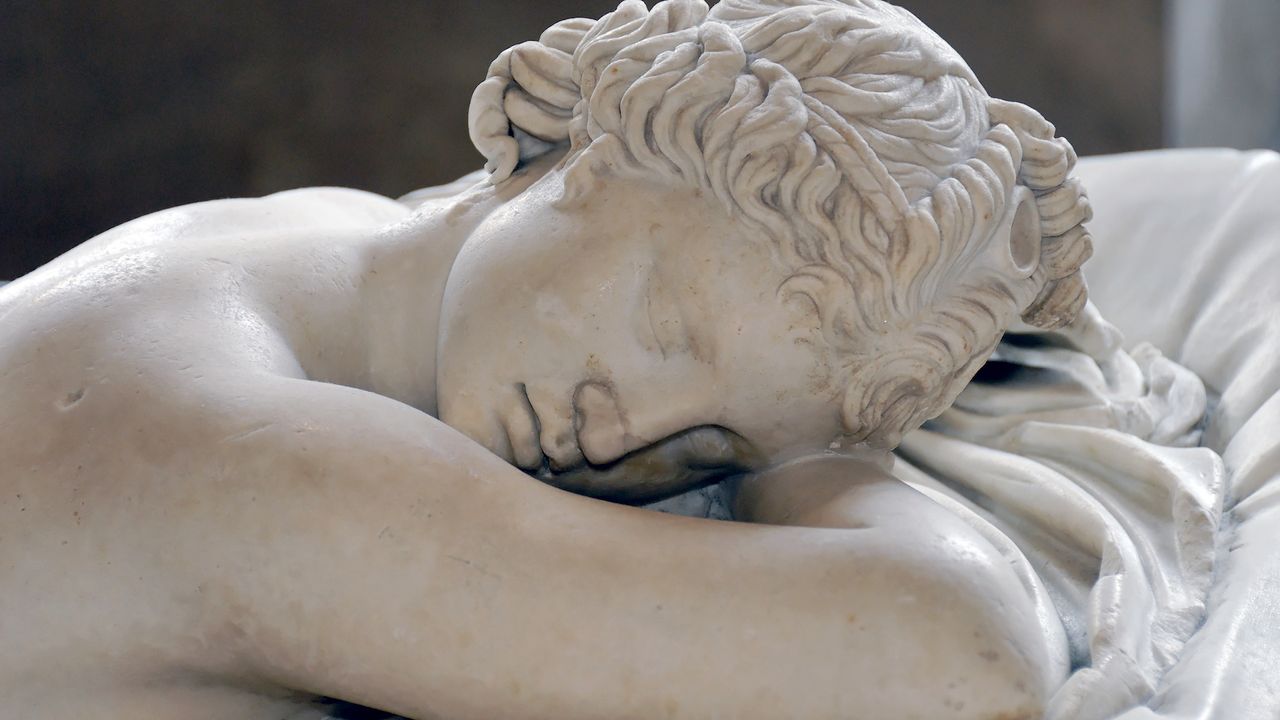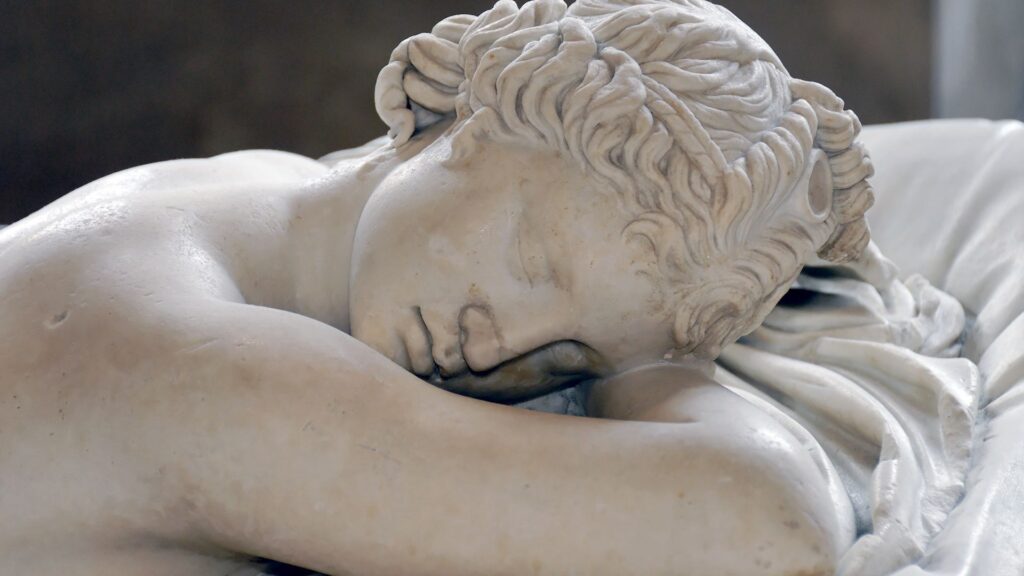
Scientists have identified five distinct “sleep profiles.”
And based on their analysis, the researchers concluded that there’s more to a good night’s sleep than the length of sleep or whether it was fitful. Both genetics and emotional states such as feeling down, anxious, stressed or sad contribute to sleep quality, and each sleep profile was tied to how well people functioned in various ways, researchers reported in a study published Oct. 7 in the journal PLOS Biology.
Scientists know people who sleep poorly are at much higher risk of developing depression, anxiety, cardiovascular disease and cognitive impairment, and tend to have shorter life spans, the authors wrote.
But the reason and direction of correlation for those connections hasn’t been clear, and most prior studies didn’t really classify sleep at a fine-grained level.
To remedy that problem, researchers used data from the Human Connectome Project, which maps nerve fiber-level connections throughout the human brain, to try to get a more detailed picture of sleep quality and its relationship to well-being.
The dataset contains brain imaging and a wide range of self-reported details about each person’s lifestyle, mental and physical health, as well as personality and sleep characteristics — for example, typical sleep duration, difficulty staying asleep and use of sleep aids.
People diagnosed with clinical depression were excluded from the study, but if people in the dataset had subclinical symptoms of anxiety or depression that didn’t impede their daily function, they were included. The researchers focused on data from 770 people ages 22 to 36 whose sleep likely had not been impacted by the aging process, Perrault said.
Using unsupervised machine learning, which employs artificial intelligence to analyze data without predefined categories, the researchers found statistical links between certain lifestyle characteristics, brain imaging and sleep characteristics.
Participants were asked to rate their sleep over the past month using the Pittsburgh Sleep Quality Index. A score of 5 or less is considered a good sleeper, and the mean score among the people studied was 5.14 on a scale of 0 to 19, the paper noted.
While there were good sleepers, researchers focused on those with scores above 5. This produced five sleep profiles. For instance, “poor sleepers” are people who have trouble sleeping and experience mental health symptoms, such as feelings of anxiousness, and “disturbed sleepers” are people whose sleep is disrupted to the point that it affects their health and cognitive functioning.
Each profile is also linked to a “neural signature,” or a brain response that contains information about what the person may have been experiencing at the time, such as body temperature, nightmares or hormonal fluctuations.
This suggests that sleep profiles are associated with both the brain’s wiring and markers of health and well-being, Perrault said.
Dr. Henry Yaggi, a professor of internal medicine and director of the Yale Centers for Sleep Medicine, praised the methodology of the study. “It’s a much more comprehensive assessment of sleep than I think we’ve had in the past,” said Yaggi, who was not involved in the research. “This is not a one-size-fits-all,” he told Live Science. “There are profiles of sleep with connections to mental health.”
Perrault thinks the five sleep profiles could potentially be used as biomarkers, or measurable warning signs of conditions that could come later down the line. Because the profiles were defined in healthy young adults, more research is needed to see if they could work as biomarkers, perhaps for spotting developing anxiety and depression, Yaggi said.
Both Perrault and Yaggi told Live Science that they see a potential for the five sleep profiles to be used to guide clinical interventions. For instance, perhaps certain treatments such as talk therapy, sleep apps and continuous positive airway pressure (CPAP) machines aimed at improving sleep are more useful to “short sleepers” than “sleep-aid users.” Broadly, that line of research could also shed light on why about 40% of patients do not respond to cognitive behavioral therapy for insomnia (CBT-I), a type of talk and behavioral therapy, Perrault added.
This article is for informational purposes only and is not meant to offer medical advice.
